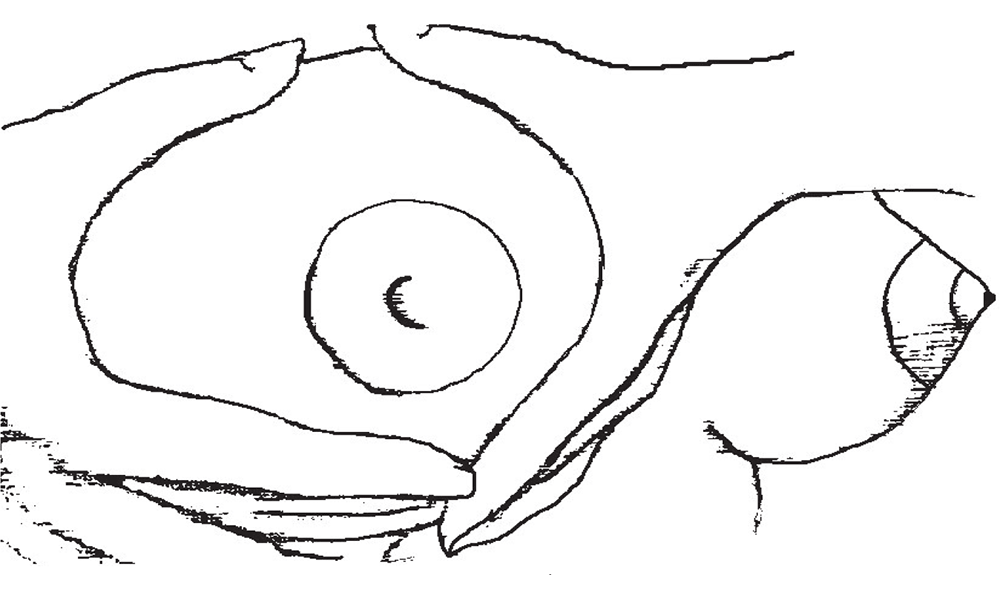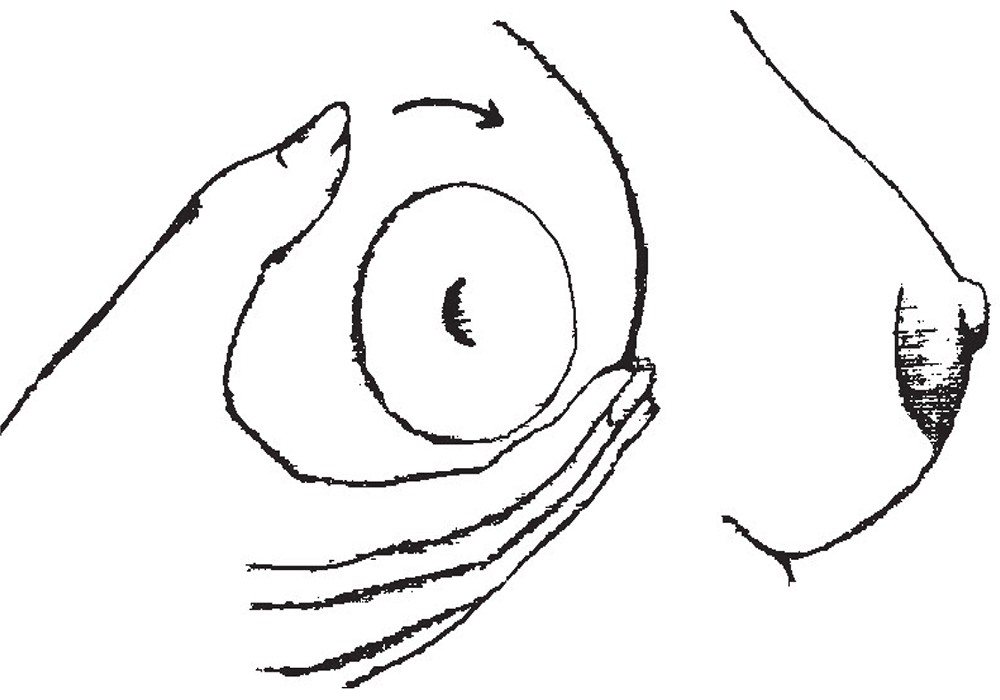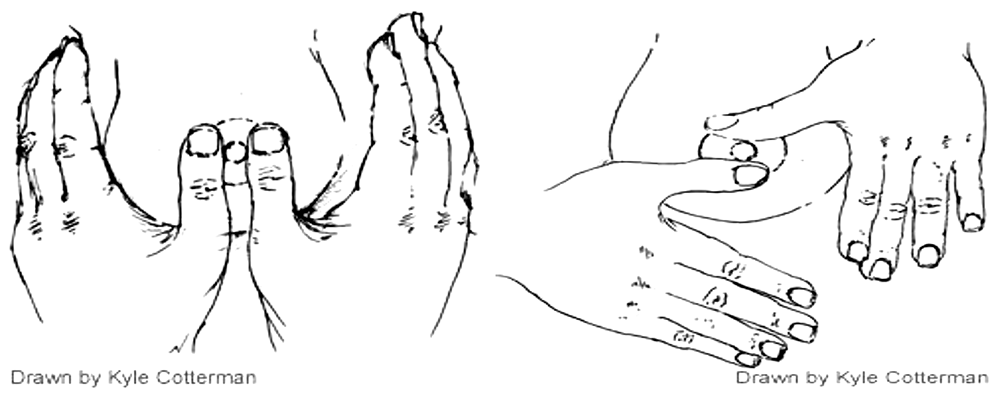OB/Gyn & Women's Health Services
Breastfeeding: Breast Fullness and Engorgement
Fullness

Manual Massage: Cup your breast with both hands and gently massage from the base of the breast to the areola. Do this several times.
- Is the normal result of increase in fluids, blood and milk in the breast as the milk increases in volume, and usually occurs 3 to 5 days after birth.
- May cause firmness, but breasts/chest should be compressible and baby should be able to latch deeply to the areola. Fullness will decrease as your milk supply regulates to match baby’s needs.
Engorgement

Expression: Lift your breast and compress between your thumb and fingers, drawing gently Forward to express a few drops of milk. Repeat this movement at several points all the way around the areola to reach the other milk sacs.
- Results from the increase in fluids and blood in the breast as well as milk remaining due to poor latch, infrequent feedings, not expressing breast milk if baby does not drain breast, or not allowing baby to drain breast.
- Breasts or chest are hard and swollen, with tight, shiny skin. You may have mild to severe pain and may also have a fever. The baby may struggle to latch.
Treatment for engorgement

Two-handed, two step method: Using straight thumbs, base of thumb, move 1⁄4 turn. Repeat. Nail even with side of nipple. Repeat above and below nipple.
- Watch for feeding cues and feed your baby FREQUENTLY (8 to 12 times or more in 24 hours). Make sure baby is latched deeply onto the areola.
- Massage gently during feeding to help drain the breast (see Figure 1-Manual Massage). Use cold compresses after feeding for comfort.
- Remove your bra if tight, as this may restrict the flow of breast milk.
- Take an anti-inflammatory medication such as ibuprofen (as directed by physician) to help reduce swelling or for pain relief.
- If latching is difficult, use these techniques:
- “Reverse Pressure technique” (see Figure 3)
- Hand Expression (see Figures 1 & 2 Manual Massage and Expression)
- Use breast pump only if reverse pressure and expression by hand does not relieve engorgement or if your baby is unable to latch deeply to the areola
Works Cited
Lawrence, Ruth A. & Lawrence, Robert M. “Breastfeeding, A Guide for the Medical Professional”, Ninth edition, ELSEVIER, 2022.
Wambach, Karen and Spencer, Becky “Breastfeeding and Human Lactation”, Sixth edition, Jones & Bartlett, 2021.
Illustrations by Kyle Cotterman.


